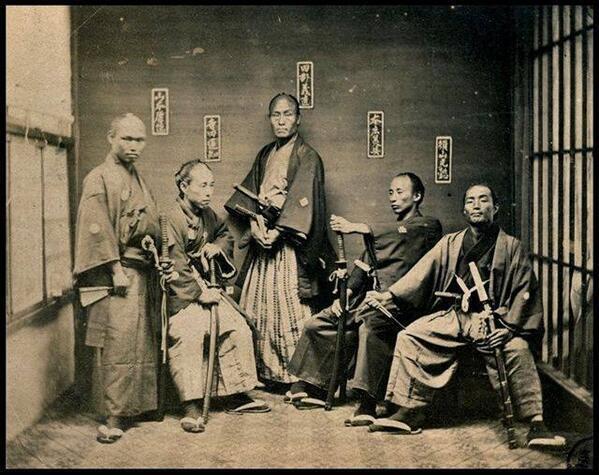The Minneapolis Police Department (MPD) has a colorful history involving a lot of abuses of power. Police departments abusing power isn’t something that surprises people these days as it’s incredibly common, especially in larger cities. But people often wonder why so much abuses takes place in modern police departments. I believe the answer lies in the lack of accountability modern police officers face. One of Minneapolis’s finest has a habit of beating people while off duty and two lawsuits filed against the department for his behavior have turned into payouts for the victims:
A judge’s order in a Minneapolis police brutality suit last week pushed the city’s bill to $410,653.33 for two lawsuits filed against police officer Michael Griffin.
The suits, one stemming from a 2010 incident and the other from 2011, both involve cases in which Griffin was off-duty and at downtown bars when he allegedly punched or kicked people who did not want to fight him. Three people were hospitalized as a result of the incidents, including one man who was unconscious and bleeding for more than five minutes, according to one of the lawsuits.
Griffin remains a patrol officer in the Fourth Precinct on the city’s North Side, according to a department spokesman. The status of an internal affairs review of the incidents was not immediately available Friday.
Notice two important points. First, the city is footing the bill. Although officer Griffin was the attacker in both cases the tax victims of Minneapolis are left paying for his violence. Mr. Griffin should be the one who has to pay his victims as he was the one who wronged them. Second, Mr. Griffin is still on active duty. The man has been found at fault for assaulting two people. He should not be allowed to remain in his position of authority.
But cases like this aren’t uncommon. Police officers are generally insulated from the consequences of their misdeeds. Cities often pay the bills of lawsuits stemming from police abuses cases and officers found guilty of wrongdoing often remain employed by the department. This insulation from wrongdoing means officers often face no consequence when they abuse their power. If one doesn’t suffer consequences for abusing power they are more likely to abuse power.
I believe making officers personally responsible for their actions would do a lot to reduce abuses of power performed by police in this country.
